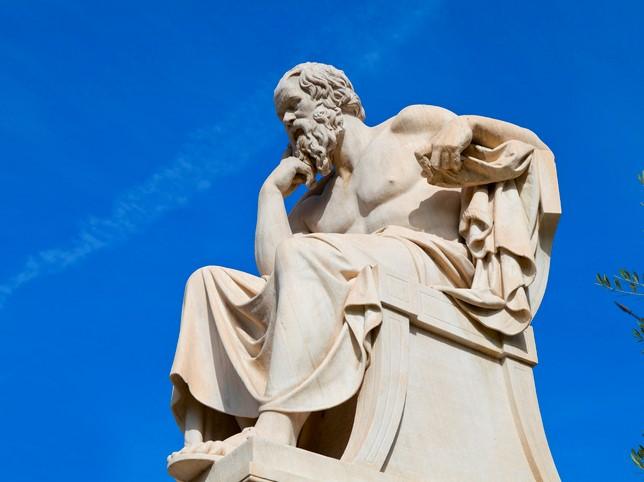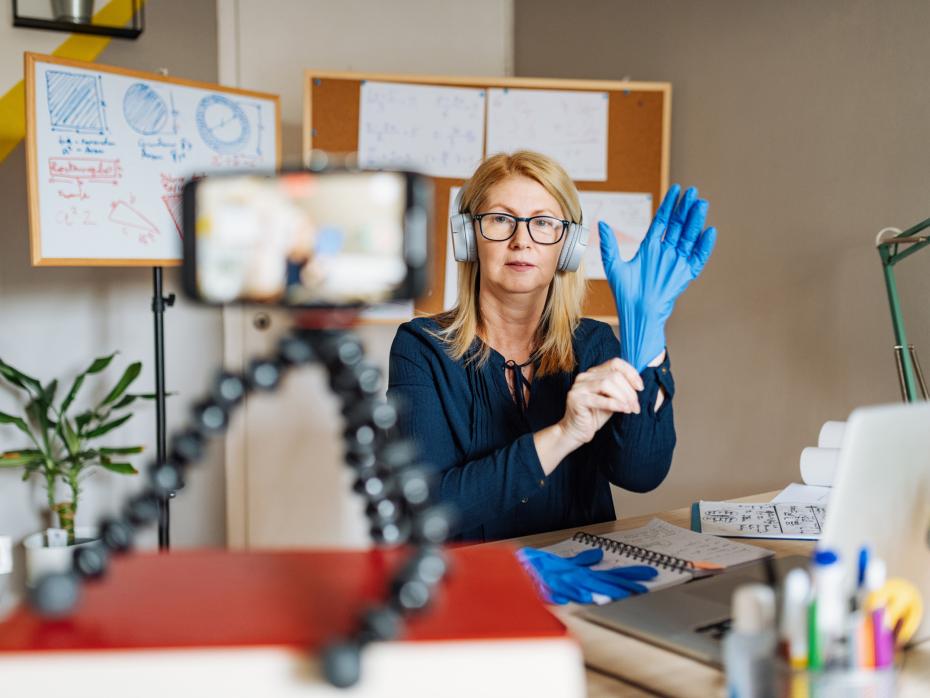
We must confront the assumptions that have held back HE for centuries

Imagine a corn farmer who believes that each seed of corn has a particular fixed capability for growth. He comes out to the field each year soon after planting and decides which few of the new sprouts are best. Then he only waters and weeds those few. At the end of each season, he sees how much better his chosen plants have grown and congratulates himself on how well he selected.
It’s easy to recognise how foolish this farmer is and how much potential yield he’s wasting. Yet our current system of higher education is based on similar, long-held but incorrect assumptions, and thereby wastes an enormous amount of potential intellectual capital. Just as wiser farmers avoid these assumptions and achieve far greater productivity, the same could be achieved by our institutions of higher education.
- How to facilitate the small changes in teaching that make a big difference
- Using meta-reflection for professional development: the potential of online discussion forums
- So, you want to take the grades out of teaching? A beginner’s guide to ungrading
The assumptions below have been accepted throughout higher education for much of its long history, largely shaping the structures, policies and teaching practices of universities worldwide to this day. Research by me and others in cognitive psychology, neuroscience and teaching and learning has shown that each of these assumptions is wrong and highly detrimental to effective education.
1. The human brain has fixed capabilities
Reality: modern studies show that the brain changes in response to intense thinking, connecting up the neurons differently to develop new capabilities. The learning of complex thinking, such as solving problems like a good scientist or engineer, is much like the development of athletic prowess. The brain needs to strenuously practise the kind of thinking capabilities desired. Through such mental exercise, the brain gets “stronger”, with better capabilities, in much the same way muscle develops with strenuous exercise.
2. We can predict future capabilities well before a student enters university
Reality: the ultimate capabilities of the brain depend primarily on educational experiences – and so cannot be accurately predicted in advance. My group and others, notably Anders Ericsson, have seen that these methods for supposedly selecting the best brains are actually selecting primarily on previous educational privilege. Like the plant selections of our foolish farmer, they provide no information on what the true future capabilities of learners would be if they were given good educational experiences.
3. Effective education is filling the brain with knowledge, which develops useful skills
Reality: extensive research has shown that people can memorise information and procedures that allows them to do well on typical exams, but they are incapable of using that information appropriately to solve meaningful problems or make wise decisions. And the latter of these mental capabilities is what is needed in the modern society and workforce. Believing that evidence shows it is safer not to get vaccinated against Covid-19 or that climate change is not caused by humans are indications of this educational failure.
4. Traditional lectures are educationally effective
Reality: hundreds of studies have demonstrated greater learning when students are taught by research-based methods compared with traditional lectures. My research group has shown that complex problem-solving involves making a specific set of decisions based on limited information. Effective teaching has students practising making decisions to solve suitable problems accompanied by timely, specific and actionable feedback on how to improve.
5. Because lecture instruction has been used for centuries, it must be good, and it would be dangerous to try anything different
Reality: human cultures are based on preserving practices thought to be beneficial, but this resistance to experiment and change is a double-edged sword. Sticking with tradition held back medicine and science for centuries, and it is now doing the same for higher education.
6. Knowing a subject well means that one can teach it well
Reality: this is primarily a rationalisation to justify convenience and standard practices that goes against large amounts of research and everyday experience. Because of this assumption, Nobelists in science are often seen as experts on the teaching of science, regardless of their actual knowledge and ability in the classroom. We are now able to define teaching expertise for higher education, and this is the set of principles and practices that research has shown consistently achieve greater learning if they are correctly applied in instruction.
7. Students “these days” are not as good as those of the professor’s generation
Reality: this is a belief that has been documented back to the ancient Greeks and is probably even older. This, and most of the previous assumptions, can be explained by known biases in human thinking. Universities have been slow to question these assumptions and apply related research. One of the effects of Covid-19 is that it has magnified the deficiencies of traditional teaching methods and thus increased the contrast between traditional methods and modern, research-based methods. Sadly, as with in-person teaching, few universities have been brave and progressive enough to actually look at the teaching practices being used in their courses and the respective learning outcomes. This leaves them unable to call for the adoption of the most effective practices.
A transformed system of higher education would cast off these assumptions and base educational practices on the best research. They would provide every student with an educational experience that: is matched to their individual educational background and life experiences; is engaging and challenging; encourages student to practise making real-world decisions; and provides timely feedback on how to improve. The result would be a far larger and more diverse “crop” of highly educated minds, ready to make valuable contributions to society.
Carl Wieman is professor of physics and education at Stanford University. He is author of the book Improving How Universities Teach Science and the recipient of the 2001 Nobel prize in physics and the 2020 Yidan prize in education research.
If you found this interesting and want advice and insight from academics and university staff delivered direct to your inbox each week, sign up for the THE Campus newsletter.


